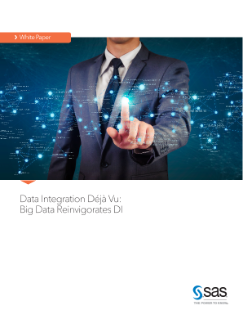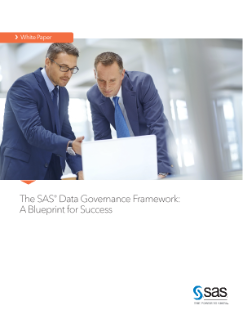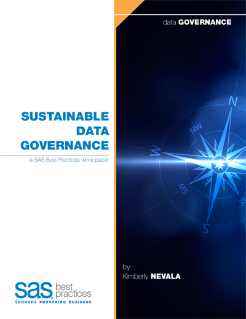
I recently presented a webinar (via the IAIDQ) on the topic of 7 Habits of Effective Data Quality Leaders. To prepare, I looked back at the many interviews of leading data quality practitioners I had undertaken over the years. A common trait among all these interviews stood out – they










